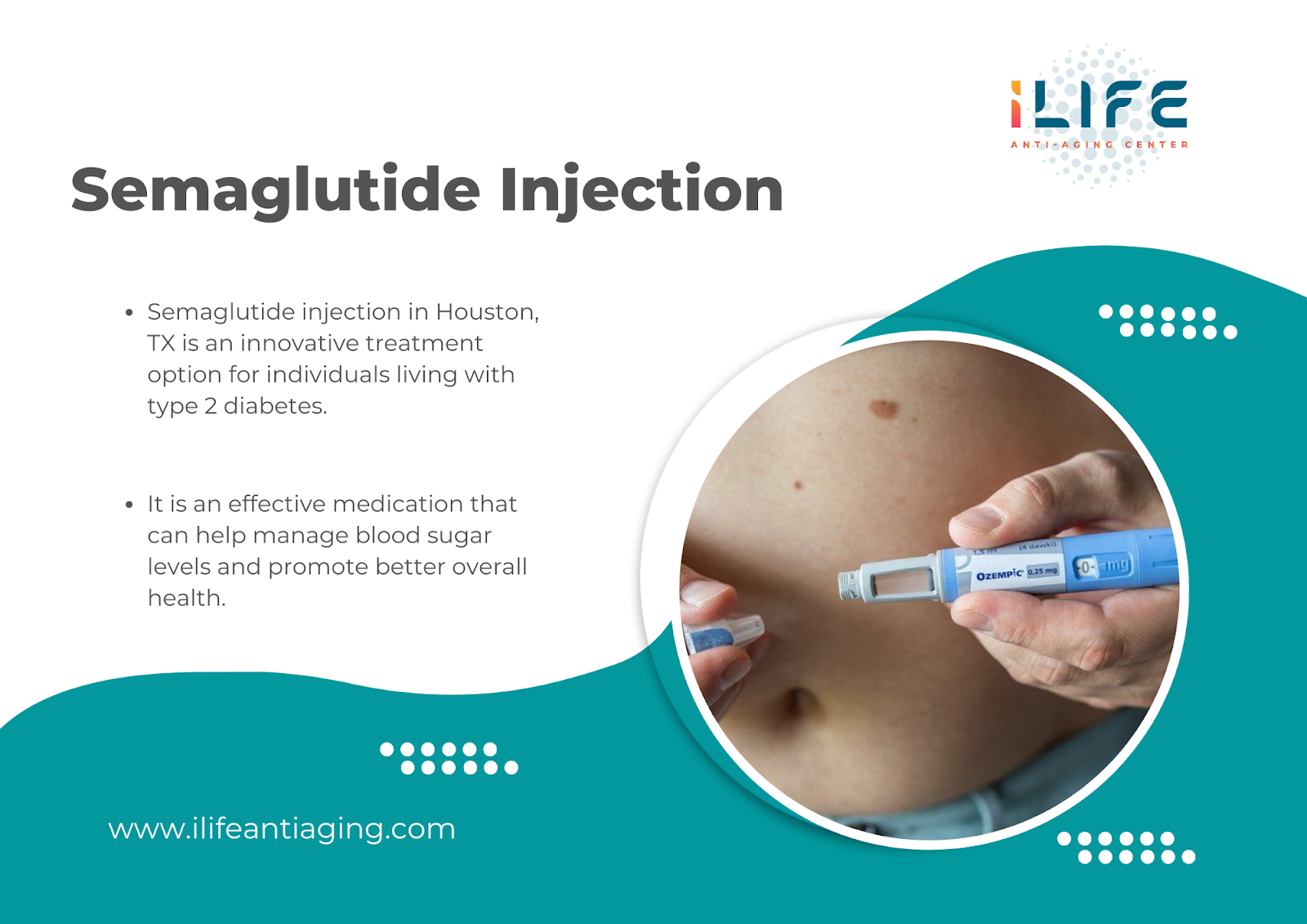Medical Marijuana in Dallas, TX: What You Need to Know
If you are living in Dallas, TX, and are considering using medical marijuana, you might have questions about the laws and regulations surrounding its use. Medical marijuana has been a topic of much debate in recent years, with some states legalizing it while others have not. In this article, we will provide you with all the information you need to know about medical marijuana in Dallas, TX.
What is Medical Marijuana?

| Medical Marijuana in Dallas, TX? |
Medical marijuana is the use of the marijuana plant and its components to treat medical conditions. The plant contains over 100 compounds known as cannabinoids, which have various effects on the body. The two most well-known cannabinoids are THC (tetrahydrocannabinol) and CBD (cannabidiol).
Is Medical Marijuana Legal in Dallas, TX?
In Texas, medical marijuana is legal, but only for specific medical conditions. The Texas Compassionate Use Act (Senate Bill 339) allows for the use of low-THC cannabis oil for people with intractable epilepsy. In 2019, the law was expanded to include patients with other conditions such as multiple sclerosis, Parkinson's disease, and terminal cancer.
How Do You Qualify for Medical Marijuana in Dallas, TX?
To qualify for medical marijuana in Dallas, TX, you must first be diagnosed with a qualifying medical condition. You must then meet with a qualified physician who is registered with the Texas Department of Public Safety's Compassionate Use Program. The physician will evaluate your condition and determine if medical marijuana is a viable treatment option for you. If they approve, they will provide you with a prescription, and you can then apply for a medical marijuana card.
Where Can You Buy Medical Marijuana in Dallas, TX?
There are currently only three licensed dispensaries in Texas that are authorized to sell medical marijuana. They are located in Austin, Houston, and San Antonio. However, there are plans to open additional dispensaries in the future. Once you have a medical marijuana card, you can purchase low-THC cannabis oil from these dispensaries.
What Are the Side Effects of Medical Marijuana?
Like any medication, medical marijuana can have side effects. Some of the common side effects of medical marijuana include dry mouth, dizziness, drowsiness, and increased appetite. However, these side effects are typically mild and temporary. It is essential to discuss any concerns you have with your physician before using medical marijuana.
Can You Travel with Medical Marijuana?
If you have a medical marijuana card, you can legally possess low-THC cannabis oil in Texas. However, it is important to note that marijuana is still illegal under federal law. If you plan to travel outside of Texas, you should research the laws in that state before bringing your medical marijuana with you.
How Much Does Medical Marijuana Cost in Dallas, TX?
The cost of medical marijuana in Dallas, TX, varies depending on the dispensary and the type of product you are purchasing. Currently, the cost of low-THC cannabis oil is around $100-$150 for a 30-day supply.
What Should You Do if You Experience Adverse Effects from Medical Marijuana?
If you experience any adverse effects from medical marijuana, you should contact your physician immediately. They can help determine if the side effects are severe and whether you should continue using medical marijuana.
Best Medical Marijuana Doctor/Clinic to Get Medical Marijuana Treatment in Dallas, TX

| Medical Marijuana in Dallas, TX? |
If you're looking for a best medical marijuana treatment clinic in Dallas, Texas, look no further than the ARK Medical Texas Cannabis Clinic. With a team of experienced and knowledgeable doctors, this clinic provides top-notch care for patients seeking relief through medical marijuana.
Their doctors are well-versed in the latest research and developments in medical marijuana treatment, ensuring that you receive the best possible care. They also offer a range of services, including evaluations, consultations, and follow-up appointments, to ensure that you receive ongoing support and care.



Comments
Post a Comment